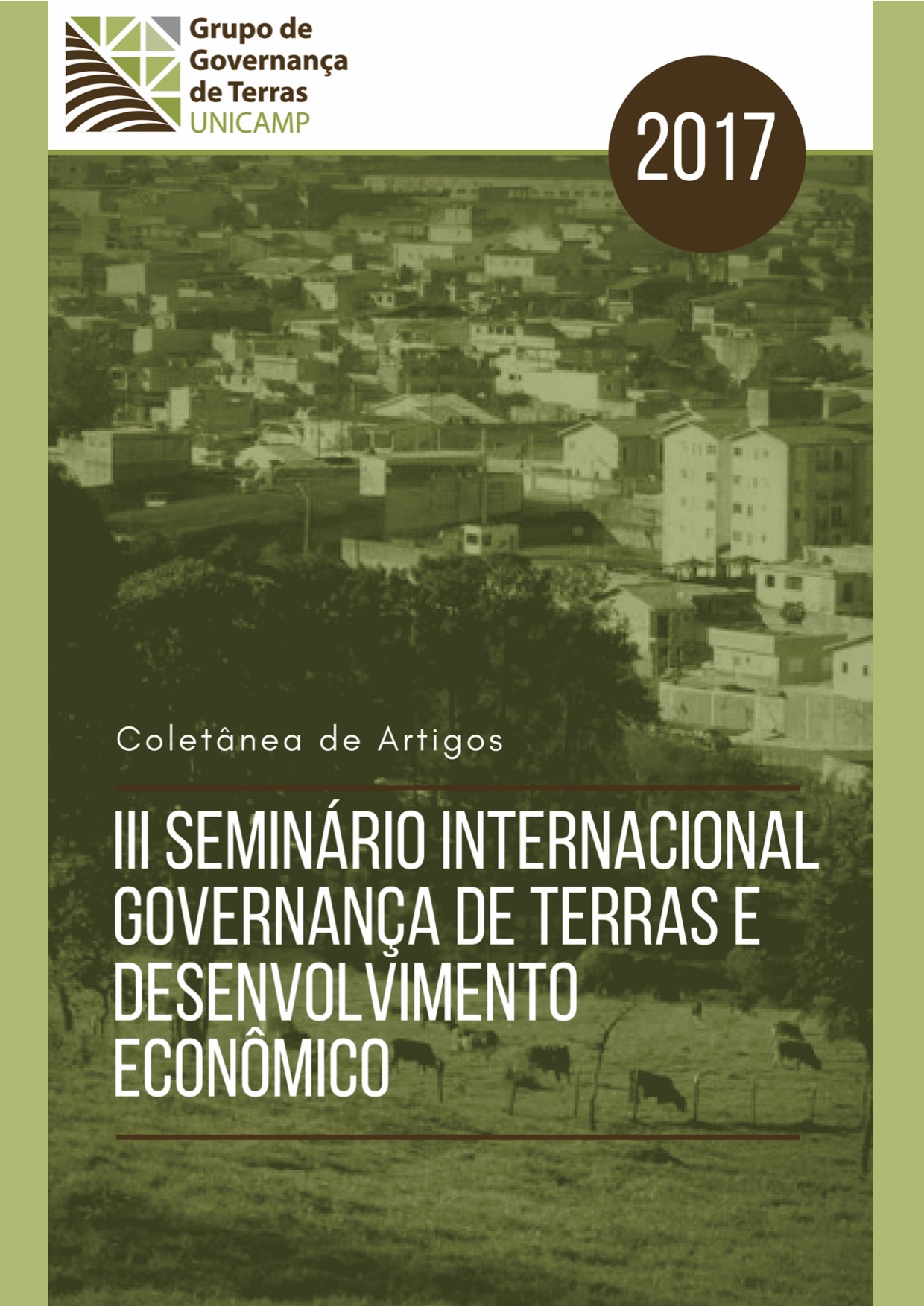Main directions of urban land optimization in Kiev agglomeration
Land as a production factor occupies a special position in the economic activities of the urban population. Land resources in big cities are not only territorial basis for placing industrial and production structures, but also a space for urban life in general.
Relative evaluation of agricultural land for purposes of land consolidation
The main tasks of land consolidation are to eliminate land fragmentation and to facilitate farms of optimal size. One of the most important preconditions of land consolidation is forming of optimal size farmland plots in property and use, and land fragmentation, which has a major impact on both the operating conditions and other rural development processes.
[On the content of sustainable development strategies for rural councils in the Republic of Belarus (the example of the Krivosel’sky village council of the Vilejka district of the Minsk region)]
In article is considered the existing system of documents of socio-economic planning of administrative and territorial units of the Republic of Belarus. It is expedient to develop a package of documents of a sustainable development of primary administrative and territorial units (village councils) for improvement of this system.
[Territorial management of the Belarusian-Lithuanian transboundary region as a factor of its sustainable development]
The article considers the role and importance of the borderline position of the Belarusian-Lithuanian region, which influences the transformation processes of territorial structures.
Scaling up sustainable land management and restoration of degraded land
With current rates of land degradation reaching ten to twelve million ha per year, there is an urgent need to scale up and out successful, profitable and resource-efficient sustainable land management practices to maintain the health and resilience of the land that humans depend on.
Environmental impact of land consolidation
Land consolidation – an important stage of agricultural and rural development. This is a significant land use planning process, when private, municipal and state land parcels located in rural areas are redistributed in a complex way, their boundaries and location are changed by the prepared land consolidation project of a certain area.
Assessment of land degradation for sustainable development of municipality territories
The global economic growth results in the increase of intensity of land use, which is one of the main natural resources. The degradation processes of land and soil occur as a result of economic activities and natural conditions creating degraded territories.
CIAT in Africa Roadmap 2017-2020: Four themes for impact
Mapping irrigated areas in the Limpopo Province, South Africa
This report summarizes the findings of a collaborative effort to map and assess irrigated areas in the Limpopo Province, South Africa.
Beyond “More Crop per Drop”: evolving thinking on agricultural water productivity
This Research Report chronicles the evolution of thinking on water productivity in the research agenda of IWMI and in the broader irrigation literature over the past 20 years. It describes the origins of the concept and the methodological developments, its operationalization through applied research, and some lessons learned over the two decades of research.
Scaling up sustainable land management and restoration of degraded land
With current rates of land degradation reaching ten to twelve million ha per year, there is an urgent need to scale up and out successful, profitable and resource-efficient sustainable land management practices to maintain the health and resilience of the land that humans depend on.



